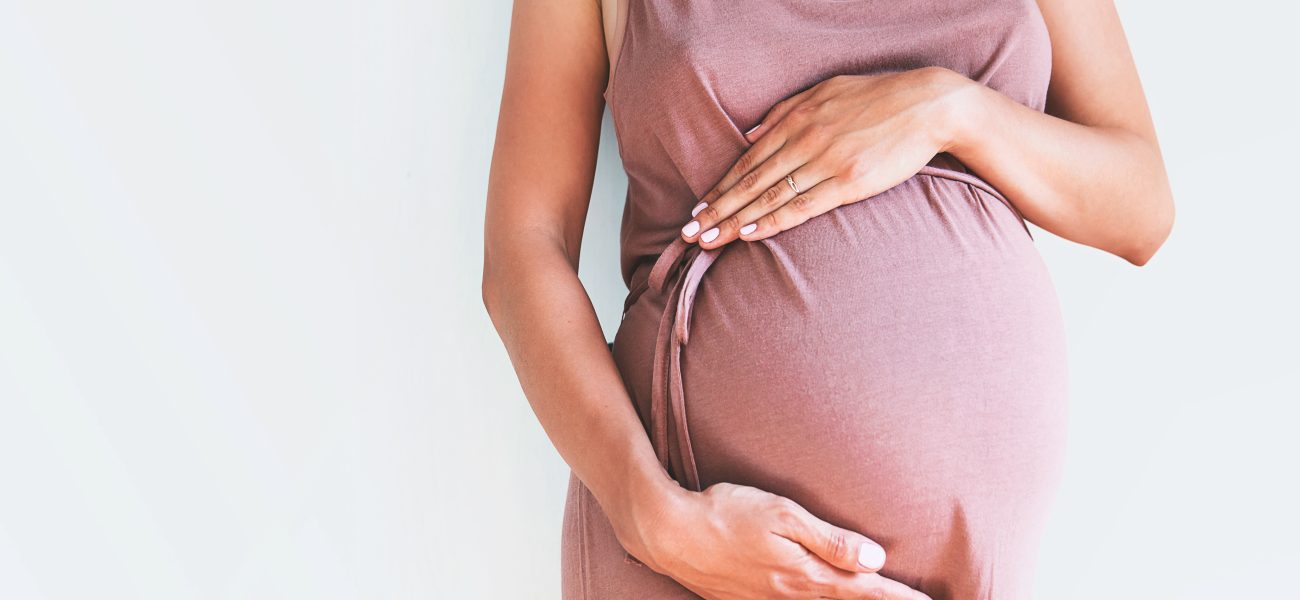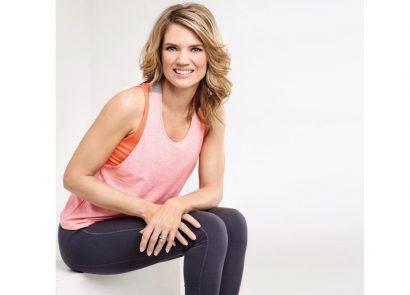So you’ve decided that you’d like to start a family – that’s wonderful news! You’ve probably already thought about whether you’d prefer a boy or a girl, how you want to decorate their bedroom and the baby clothes you would love to buy. But have you considered preconception health? Even before choosing names and baby clothes, there are certain steps that you can take to help support conception and give yourself a better chance of success. We’re talking specifically about nutrients for optimum fertility.
Infertility is a growing issue across the globe, and a surprisingly large amount of research demonstrates a link between diet and fertility. Although it’s important to remember that nutrition is one small part of a much more complex puzzle, and it won’t help if there is a physiological issue, it’s a great place to start in terms of boosting your fertility potential. Getting a fertility test can be a great way of achieving a greater understanding of your fertility.
A balanced diet is one of the best ways of providing your body with all the fuel it needs to function optimally. Our reproductive system relies on vitamins and nutrients to ensure the body is ovulating correctly. We all know that foods high in sugar and trans fats are not the healthiest, but they could also be having a negative impact on your fertility. Even before you are ready to conceive, it is important to consider your diet, as it can take around three months for vitamin levels to build up in the body. This is because when vitamins are ingested, they need to travel through the gut in order to be converted into a different form, and then absorbed. During this process, many of the vitamins are lost, and so it can take longer than expected for levels to build up in the body.
Read on for a breakdown of vitamins to help boost fertility, and how you can incorporate more of them into your preconception diet.
Vitamins to help boost fertility
Folic acid
What is it?: Arguably one of the most well-known vitamins associated with pregnancy, folic acid is also known as vitamin B9.
How does it help fertility?: Folic acid also plays a role in forming DNA in sperm in men. A diet rich in folic acid can help reduce issues with abnormalities in sperm. Once you’re pregnant, B9 plays a vital role in supporting spine development, which is why it is a staple in pregnancy supplements.
What to eat to get more folic acid in your diet: Dark leafy greens, like spinach and kale, are very high in folic acid. You can also find it in broccoli, chickpeas, lentils, nuts, seeds and fortified breakfast cereals.
Vitamin D
What is it?: Vitamin D is technically a hormone! It plays a role in most of the body’s essential functions.
How does it help fertility?: Vitamin D is mainly known for its role in bone growth, but it may have a role in the development of both eggs and sperm. It also contributes to regulation of the reproductive hormones progesterone and oestrogen, which are vital for conception and fertilisation of an egg. Women with optimal levels of vitamin D are more likely to conceive, and a deficiency has been linked to poor pregnancy outcomes, infertility and miscarriage. Unfortunately, a high proportion of people in the UK are not getting enough vitamin D and the government recommends supplementing during the autumn and winter months by 10,000IU per day.
What to eat to get more vitamin D in your diet: Although you can get some vitamin D from red meat (in moderation), salmon, mackerel, and in fortified foods, it is more beneficial to supplement your diet, and to prioritise exposing the skin to daylight for a short amount of time each day, as this is how most of our vitamin D is absorbed.
Zinc
What is it?: Zinc isn’t technically a vitamin, but a micronutrient. According to the NHS, the RDA for women is 7mg and 9.5mg for men.
How does it help fertility?: Zinc is needed to regulate the hormones that control ovulation, and as we know, ovulation is key to natural pregnancy. A study (Hester et al.) in the American Physiological Society has shown that women with low zinc levels may take longer to become pregnant and egg development may be affected. It may also have a positive impact on the quality, volume, motility and morphology of sperm.
What to eat to get more zinc in your diet: Oysters, the famous aphrodisiac, are packed with zinc! Beef and pork are also great sources of zinc. Vegetarian options include chickpeas, cashew nuts and oats.
Magnesium
What is it?: Often overlooked, magnesium is vital for reproductive health in addition to many other bodily functions.
How does it help fertility?: Whether you are hoping to conceive naturally or through assisted conception, magnesium can contribute to proper functioning of the hormones which affect ovulation and the menstrual cycle. It has also been shown that there is a positive correlation between magnesium supplementation and Anti-Mullerian Hormone (AMH) levels in women. When it comes to men, a lack of magnesium has been associated with poor sperm quality in men.
What to eat to get more magnesium in your diet: Dark leafy greens (think kale and spinach), almonds, cashews, wholegrains and oats.
Selenium
What is it?: Selenium is most often associated with hair quality, but it plays an important role in fertility too.
How does it help fertility?: Beneficial for both men and women, selenium is necessary for proper sperm growth and development. In women, it contributes to development of the follicles (that hold the eggs), supports hormone production and helps prevent oxidative stress, which can damage eggs.
What to eat to get more selenium in your diet: Meat and fish, baked beans, eggs and tofu are all good sources of selenium.
Fertility experts agree that a Mediterranean diet that is high in fibre, plant foods and omega-3 has been shown to support female fertility, but generally a balanced diet will stand you in good stead.
Getting help conceiving
It is possible to be deficient in vitamins without realising. You should discuss supplementing your diet with your GP or fertility doctor, especially if you have already been trying to get pregnant for 12 months without success. It may be time to speak with a specialist to get personalised advice. They will be able to guide you in terms of diet and nutrition.




















